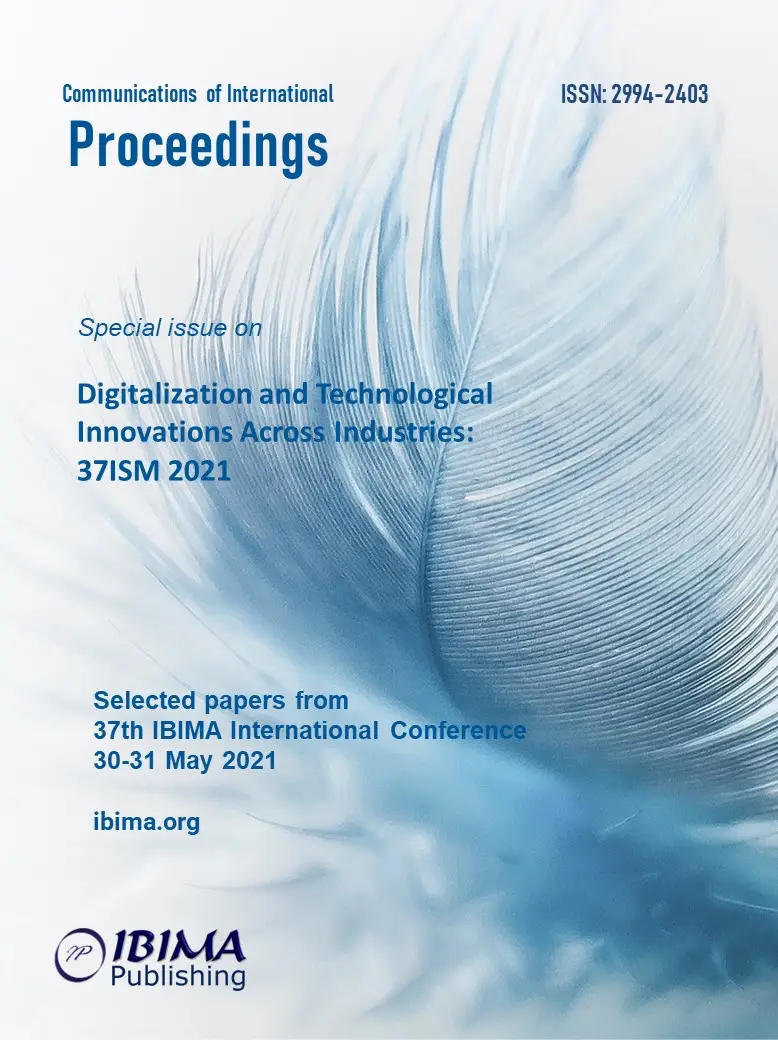

Lukasz TOMCZYK
Pedagogical University of Cracow, Krakow, Poland

Digital piracy, understood as the unauthorised downloading and sharing of files protected by copyright, has not been sufficiently understood so far. One research gap of importance is the multidimensionality of the interpretation of digital piracy by parents, as it is they who are responsible for enhancing the digital competences of their children and creating educational and technical solutions that enhance digital safety in the home environment. The aim of the study was to present the characteristics of the phenomenon of digital piracy among children and young people from the perspective of their parents’ opinions. The study was conducted among Polish parents (purposive sampling, N=22) using a structured interview tool. Based on the collected data, it was noted that: 1) Piracy is most often interpreted as a process that is connected to legal issues; 2) The concept of ‘permitted use’ is misunderstood by most parents; 3) Respondents rarely consider piracy in terms of downloading and sharing copyrighted files; 4) Parents draw attention to the socio-technical dimensions of piracy, which make it impossible for the phenomenon to be eradicated entirely; 5) Some parents interpret piracy incorrectly, equating the concept with other risky behaviors; 6) Digital piracy is interpreted differently within the studied group, both positively and negatively; 7) Some parents are aware that some files downloaded are of pirated origin; 8) Most often, in the opinion of the parents, their children share content and pictures through social media; 9) Piracy, considered as file sharing in the opinion of the parents, is not a common phenomenon; 10) Many of the parents misinterpret not only the responsibility for piracy activities, but also the specificity of the phenomenon; 11) Parents should also participate in the process of the development of digital competence connected to the risk paradigm of media pedagogy, especially in the soft aspects.